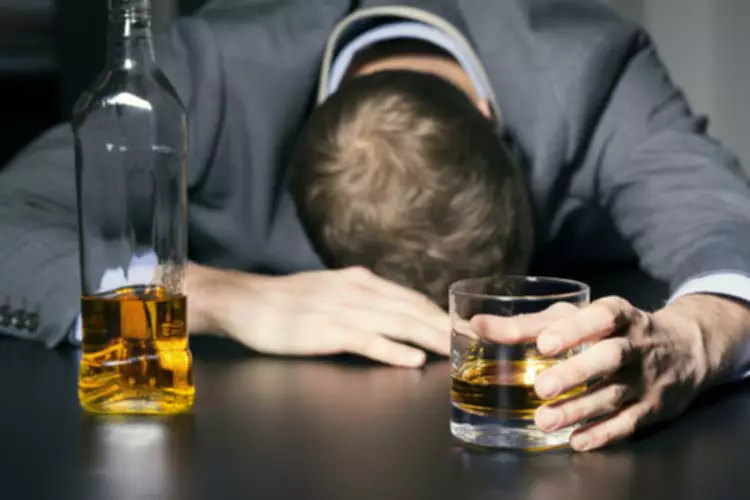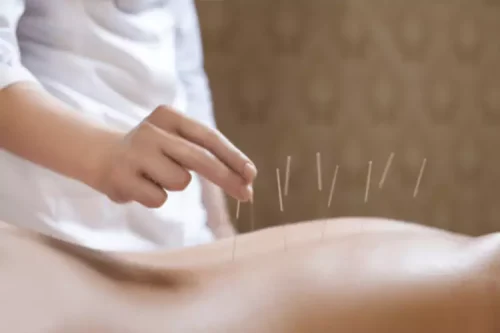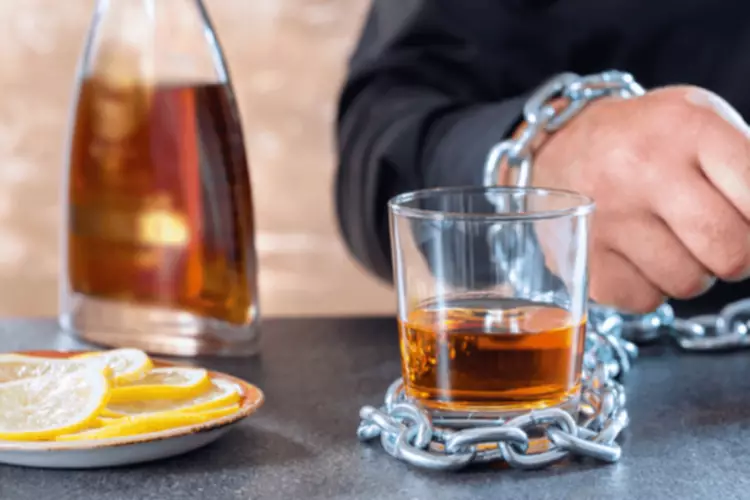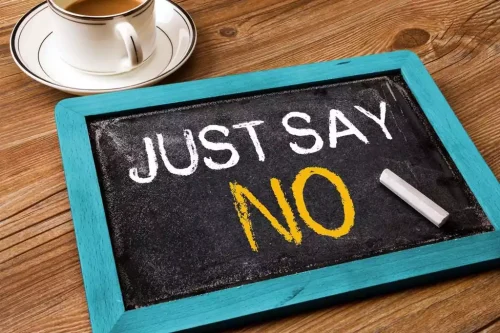- Sosyal Medyada Bizi Takip Edin!

And depression is affected by alcohol too – find out more on our alcohol and depression webpage. If you’re still feeling anxious after a few weeks, contact your GP surgery. Talking therapies like CBT (cognitive behavioural therapy), can help you learn to spot unhelpful patterns of behaviour and help you to develop coping strategies. If anxiety makes it difficult for you to cope with work responsibilities, interpersonal relations, or other key aspects of your daily life, make an appointment with a therapist for a diagnosis and treatment, rather than relying on alcohol. Pay attention to family members and loved ones who say they notice an increase in your drinking habits and stay within the recommended limits of alcohol consumption (one drink per day for women; two drinks per day for men). Even if someone starts drinking alcohol as a way to cope with anxiety, it can quickly have the opposite effect.
What happens is that once you’ve quit drinking alcohol – long after the withdrawal symptoms are over (which we’ll get to in a second) – your brain is essentially left without healthy strategies for coping with even the most mild stresses. Then, any time you are under stress, your natural instinct will be to go back towards alcohol as you may not have any other does alcohol cause anxiety attacks effective coping strategies. The parallel-treatment approach requires that specific treatments for both disorders are delivered simultaneously, although not necessarily by the same provider or even in the same facility. However, coordination among providers and between facilities becomes a critical issue with parallel treatments when they are not colocated.


The two lifetime assessments were combined in a measurement model that provides estimates of association free from measurement error. The direction of causation between two phenotypes can be approached with cross-sectional twin data when their modes of inheritance differ (Heath et al., 1993). Because effects within an individual do not affect the co-twin, different cross-twin cross-trait covariances will be expected depending on the causal direction. We compared a model with shared risk factors to models with unidirectional and reciprocal effects.

The term “therapist” can apply to a range of professionals including social workers, mental health counselors, psychologists, professional counselors, marriage and family therapists, and psychoanalysts. Working with a therapist generally involves regular talk therapy sessions where you discuss your feelings, problem-solving strategies, and coping mechanisms to help with your condition. Psychiatrists are doctors who have specialized training in diagnosing and treating complex mental health conditions through medication management. If you are experiencing symptoms of a mental health condition such as depression, anxiety, bipolar disorder, PTSD, or similar, a psychiatrist may be a good place to start. Studies have found that heavy drinkers have increased cortisol levels due to alcohol’s effects on the body.

RPT emphasizes the importance of identifying an individual’s unique risk factors (e.g., high-risk situations) for relapse and incorporates skill-development techniques to help reduce the likelihood of lapses and to manage them should they occur. It is widely understood in the RPT literature that negative emotional states are particularly perilous to recovery efforts. A classic analysis of over 300 relapse episodes implicated negative emotional states, conflict with others, and social pressure to use in nearly 75 percent of the relapses studied (Cummings et al. 1980). To prevent relapse https://ecosoberhouse.com/ resulting from negative emotional states such as anxiety, RPT recommends stimulus control (i.e., avoidance of high-risk situations, with escape as the next best option) as a first-order strategy (Parks et al. 2004). Relaxation training also is recommended because it “can help clients reduce their anxiety and tension when facing stressful situations and minimize their typical levels of motor and psychological tension” (Parks et al. 2004, p. 78). In short, for comorbid individuals, the avoidance and escape-oriented coping strategies taught within RPT could perpetuate anxiety problems.
In this situation, a person expects to get relief from their anxiety symptoms when they consume alcohol because of its effect on the central nervous system (CNS). A 2018 narrative review suggests that 21.9% to 24.1% of people with an anxiety disorder or mood disorder use alcohol or drugs to relieve their symptoms. Research suggests there may be a bidirectional connection between anxiety disorders and AUD. Antidepressants may be taken every day to help treat anxiety, while benzodiazepines are generally used for temporary relief from uncontrollable feelings of anxiety.